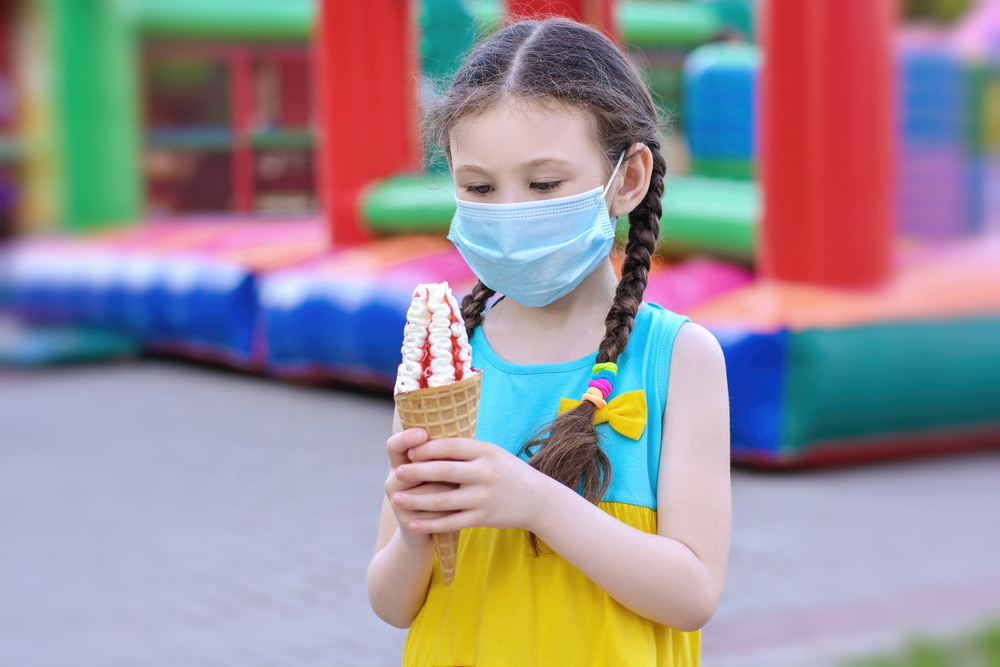About 145 million or 43.6 percent of people in the United States are now fully vaccinated against the COVID-19 virus, and about 310 million have received at least one dose. Officials with the Centers for Disease Control and Prevention and the Food and Drug Administration say the likelihood for severe illness from COVID-19 is very low for fully vaccinated individuals. With vaccines now approved for everyone ages 12 and older, we are returning to something resembling normal life.
But what about children under the age of 12? Like their parents, younger children are itching to get back to normal life, and Pfizer predicts it will have enough data to submit an emergency use authorization for younger children by September. Still, parents have concerns about safety guidelines until a vaccine is available.
The American Academy of Pediatrics (AAP) points out that since children are not little adults, medical professionals cannot just assume that the vaccines will have the same effect on kids as they do on older people. Clinical trials on thousands of children are now underway to determine if the COVID-19 vaccines are safe for kids. However, the AAP notes that those trials will need to be completed, and researchers will need to determine if the shots are safe before the vaccines can be widely distributed to children. Until then, parents will need to tiptoe through another summer balancing act as they try to keep kids engaged and happy, but also safe. The following suggestions may be helpful:
• Dine outside. The CDC notes that on-site outdoor dining where tables are spaced six feet apart is significantly less risky than dining indoors. When dining out this summer, visit restaurants with outdoor seating that meets the minimum distancing recommendations.
• Resist the temptation to throw caution to the wind. As more adults and adolescents are fully vaccinated, community transmission continues to go down. That helps to calm parents’ fears, but they must keep their guard up anyway. Kids should keep wearing their masks when they go to stores, or even outdoor areas like playgrounds or ballgames.
• Travel wisely. It is also important for parents to keep their guard up on summer vacations. Traditional tourist attractions may be the best places to visit when traveling with children who are not yet eligible to be vaccinated. When choosing a vacation destination, choose a location you can drive to where contact with people from other households is minimized. As you shop for a place to stay, consider a private vacation rental instead of a hotel. Private rentals with their own fully equipped kitchens and barbecue areas can reduce reliance on dining out, which should also make it less likely that kids are exposed to the virus while traveling.
Until all children can be vaccinated against COVID-19, parents must continue to be patient and vigilant. That means safety must once again be a big priority this summer.












